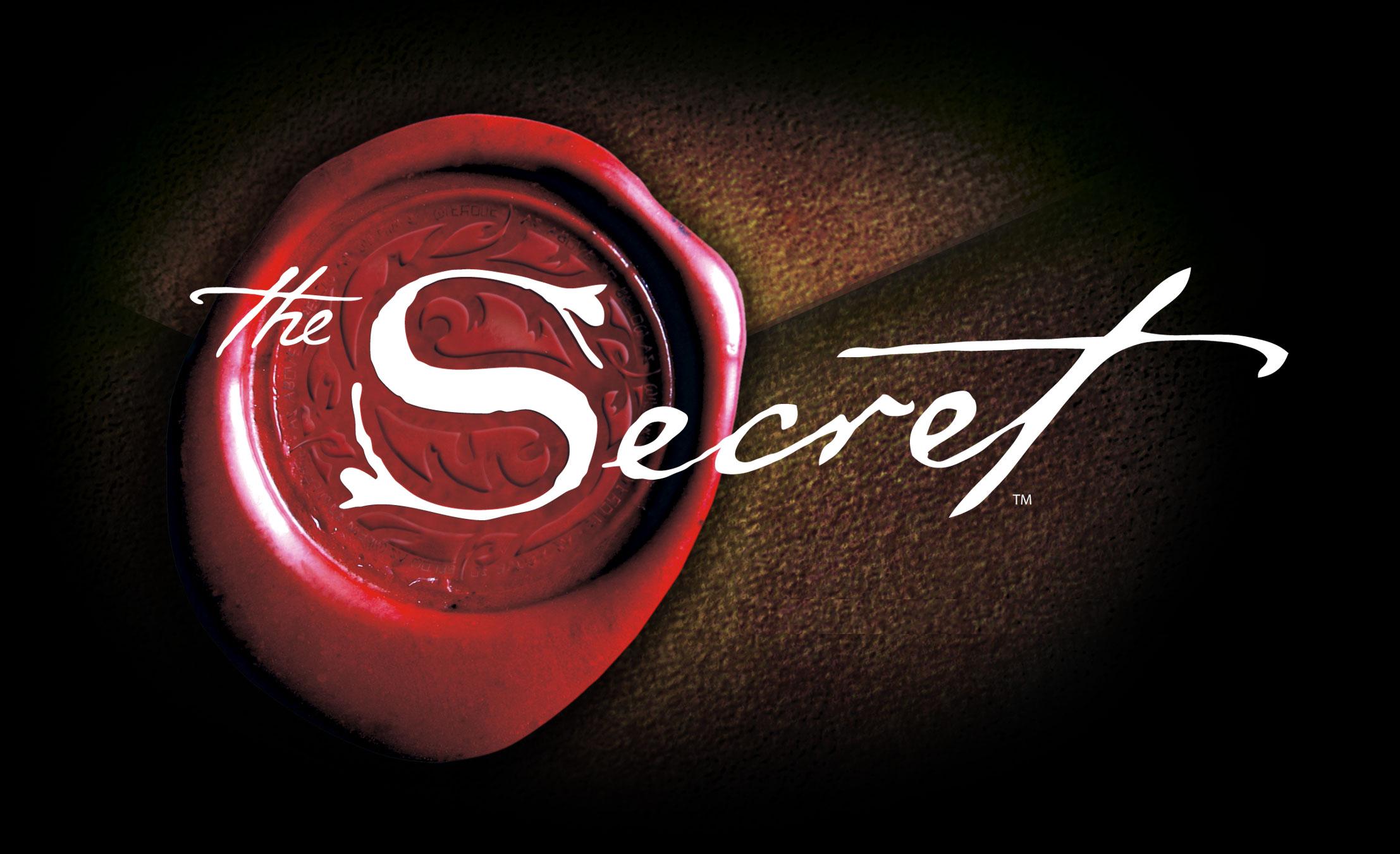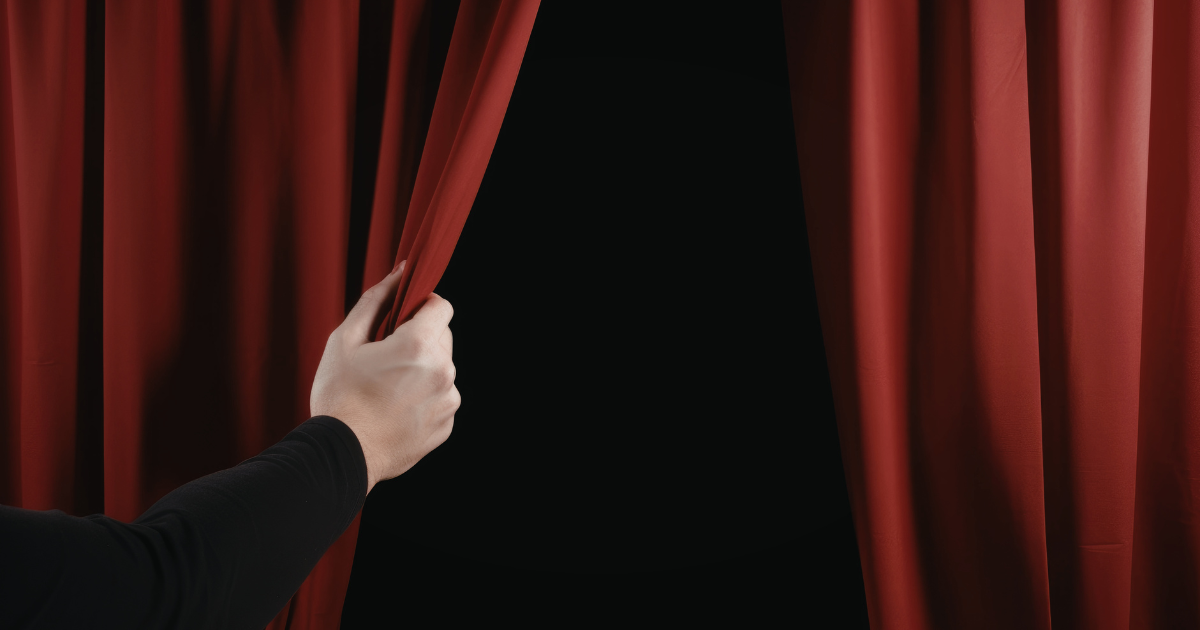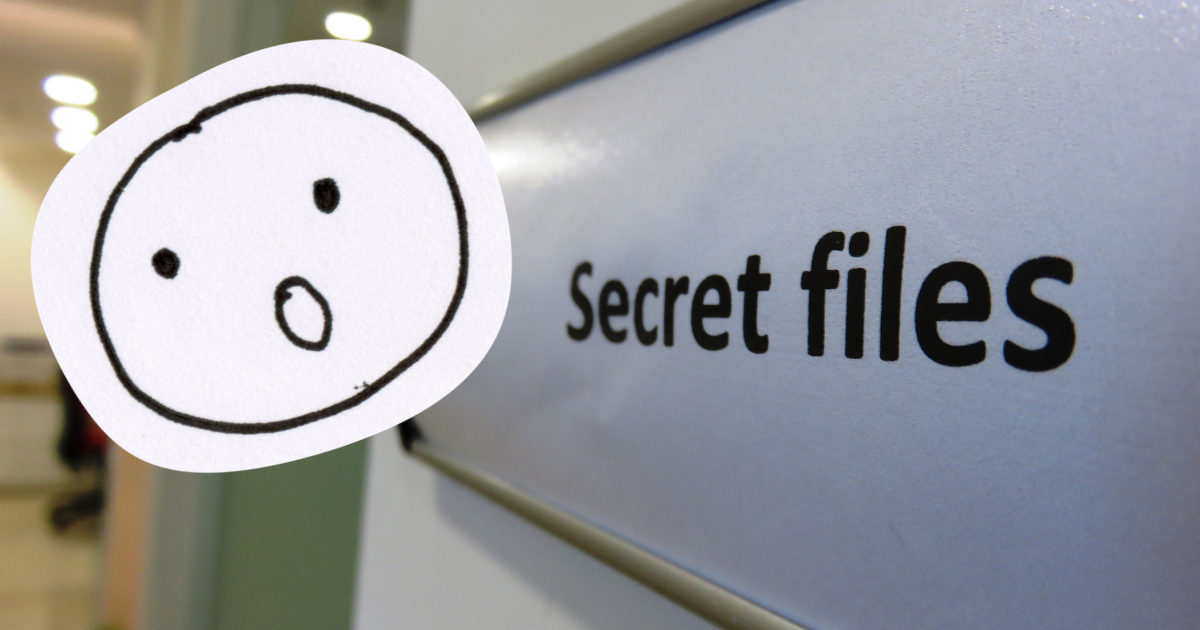Nevadan Funeral Home Exec Has the Secret to Success
 It’s hard enough starting a new business in a down economy.
It’s hard enough starting a new business in a down economy.
Starting that business against entrenched national competition at an age when many of your friends are retiring? That’s another task altogether.
But that’s what Laura Sussman signed on to do in March 2009, when she opened Kraft-Sussman Funeral Services with Wendy Kraft. As volunteers for a Jewish burial society in Las Vegas, the business partners saw a need for a locally owned funeral home focused on individualized attention for mourning families.
For Sussman, starting a funeral-services company is a departure from her former career as a nonprofit executive, with one important similarity: The personal fulfillment that comes with helping people in need. She and Kraft have guided about 300 funerals and memorial services since their opening.
When Sussman isn’t directing funerals and memorial services, she teaches seminars to nonprofits and civic groups on consumers’ rights related to funeral planning.
Question: How did you break into an industry with a lot of established players?
Answer: One of the biggest challenges was letting people know they have an option. There’s no way we can spend as much on advertising as the big, corporate firms, so we really had to go by word of mouth, building trust with people and networking. Wendy spends almost every day networking. So that was the toughest thing, finding a way to market ourselves that’s creative. For example, people remember we’re the two Jewish mothers. That’s our schtick, and even people who are not Jewish know what that means.
We also get a lot of referrals from families who’ve used our services. They’ve been very generous and written wonderful reviews online. They’re advocates for us, and that’s unusual in this industry. It’s been great for us business-wise, and we’re a little ahead of what we had planned. Wendy and I feel like it is a different business model than other mortuaries out there.
Question: How is it different?
Answer: We try to make the experience as comfortable as possible. Walking into our facility is like walking into any professional office. It’s not really formal. We try to make it earthy and comfortable. We don’t use hearses, we use a Cadillac Escalade that’s been converted. Our chapel has movable seats, so if people want to do a service in the round, or whatever else they want, we try to accommodate it.
We go to homes, hospices and hospital rooms, and we don’t charge anything extra for an arrangement where families might be comfortable. We also provide continuity of care from that first call through bereavement support. If a family calls us, they will speak with Wendy or me from start to finish. We don’t have answering services, and they don’t have to go through layers of phone calls and voice mails to reach us. They can call us 24 hours a day and we know their situation. Nobody here works on commissions or bonuses, which is the typical practice in funeral homes. We’re not the most expensive or the least expensive. We’re middle-of-the-road as far as cost, but we believe we provide much more service than anybody in town.
Question: Does it get depressing, dealing with death so much?
Answer: Yes, sometimes it does, especially when there’s a tragic death, or a death involving children. We’ve had a couple of really difficult cases lately, and it is hard. I call my kids all the time and tell them how much I love them. When those hard cases happen, I think about why I would want to do this. Then I think about the alternatives those families might have, and while there are some good alternatives in town, we just think that, as mothers, we approach things differently. We do try to work with every family as if it were our own. If they have to go through this, we hope we’re providing the best possible care. We also have wonderful, supportive friends and families. And I love swimming and walking. You have to get your endorphins going to make sure you don’t get too depressed.
Question: What do you like best about your job?
Answer: Making a difference for families is the most important thing. I also really love advance planning. Planning services in advance and not at the time of a death is like a total weight off the shoulders for many people. A funeral can be something people think about for years, but it’s hard to take that planning step. By the time we’re done, they feel they accomplished what they needed to. And when the death takes place, one of us goes to the home or the hospital, and there’s a familiar face there. For them to not have a stranger coming in to take care of their loved one makes a big difference.
I also enjoy the variety. We work with all types of families, cultures, backgrounds and religions. No two days are ever the same.
Question: What’s the most unusual thing you’ve seen at a funeral?
Answer: We did have a family studying to do a home funeral for a parent, and one of the siblings passed away. They basically took over our funeral home and did all the preparation themselves. They decorated the casket — they got a plain casket and drew and pasted pictures on it, and everyone who came to the service wrote a note on the casket. On the way to the cemetery, we stopped by the home so the pets could say goodbye, the dog could come out and sniff, and know it was his owner. It was a really personal experience. We really encourage families to do something personal, whether it’s putting together a video, singing a song or writing a special poem for the service. When families participate that way, it helps them understand that the person really has passed in the physical sense, but also that they’re helping them move into whatever that next phase is.
Question: What’s more common at funerals these days?
Answer: We see a lot of people wanting videos. We encourage people to make those videos while their loved one is still alive. We made one when my mom passed away, and every time I watched it, I said, “Mom would have loved this.” So now, I tell people to make the video ahead of time to let the person who’s the focus enjoy it, too.



